
Ms. Nguyen Thi Bich, President of the Women's Union of Lac Dao commune, said: The Women's Union of the commune currently has over 5,000 members, operating in 21 branches. In order to effectively implement environmental protection work, along with promoting and diversifying forms of propaganda, the Women's Union of the commune mobilizes members to participate in activities of collecting waste, cleaning village roads and alleys periodically every week. The Union has launched a campaign to mobilize members to respond to the movement to build "5 no, 3 clean" families; plant flower roads; build a model of "clean house, beautiful garden"; implement green Sunday... Thereby, awareness of environmental protection has been gradually raised.
Outstanding among the models implemented by the Commune Women's Union is the model of classifying and treating organic waste at households. Accordingly, in order for the model to be effectively implemented and become a daily routine, the Commune Women's Union organizes training courses, instructing members on how to produce IMO probiotics, and at the same time promotes propaganda and mobilizes members to classify household waste, use IMO probiotics to compost organic waste to make fertilizer for plants. In 2024, the Commune Women's Union selected 6 villages: Dong Mai, Cat Lu, Ao, Thanh Dang, Cau, Ngoc to implement the pilot project with about 500 members participating. In the villages, the Union regularly inspects and evaluates the actual waste classification at households. After a period of pilot implementation, it has shown that the amount of waste that must be collected and treated locally has decreased significantly. Realizing the practical benefits, the Commune Women's Union has implemented it throughout the commune. As one of the first members in Hoang Nha village to participate in the household waste classification and treatment model using IMO products, Ms. Nguyen Thi Co realized that the model brings many benefits.
Participating in the model, she was given technical guidance and supported with bins and IMO microorganisms to process waste. Every day, she collects, sorts waste, and composts organic waste with microorganisms. After about 30-40 days, the waste decomposes into organic fertilizer to fertilize plants. Ms. Co shared: At first, when implementing the model, I was also afraid because the waste was dirty. However, after a period of implementation, I found that not only did it reduce the amount of waste, but it also utilized organic waste to fertilize plants and improve the soil, which was both economical and very effective.

Not only effectively classifying and treating waste at source, women's union members also actively participate in environmental sanitation groups. Lac Dao commune currently has 36 household waste collection groups with 63 participants, mainly women members. Household waste collection is carried out twice a week, transported to designated places. Ms. Ngo Thi Ha, a member of the waste collection group in Thanh Dang village, said: Garbage collection is very hard work, but we always think that we are contributing to preserving the common environment for our families and people in the commune. Thanks to that, everyone tries to do it with the highest sense of responsibility. Joining hands to protect the environment, the Women's Union of the commune also regularly coordinates with associations and organizations to actively carry out general cleaning campaigns on village roads and alleys. Since the beginning of the year, the union has organized 5 general cleaning campaigns.
Thanks to promoting propaganda work, along with effective and practical activities, the Women's Union of Lac Dao commune has created an environmental protection movement that has spread widely to cadres, women's union members and all people, contributing to maintaining and improving environmental criteria. Up to now, the whole commune has nearly 4,000 households classifying and treating waste at household level, reaching nearly 40% of households in the commune. The Women's Union of the commune has deployed the model of "clean house, beautiful garden", "clean house, clean alley" in 10 branches; established the model of "garbage-free road" in 6 branches. Notably, in Dong Mai village, for more than a year now, the village's regulating lake with an area of nearly 2,000m2 has been treated with IMO probiotics by the Women's Union of the commune to treat water pollution, the water source no longer has a bad smell and becomes cleaner, creating a fresh environment for the people in the village. Currently, the Commune Women's Union continues to promote propaganda and mobilization to expand environmental protection movements. The Union strives to have 50% of households in the commune classifying and treating waste at source by the end of 2025.
Source: https://baohungyen.vn/phu-nu-xa-lac-dao-tich-cuc-tham-gia-bao-ve-moi-truong-3187835.html


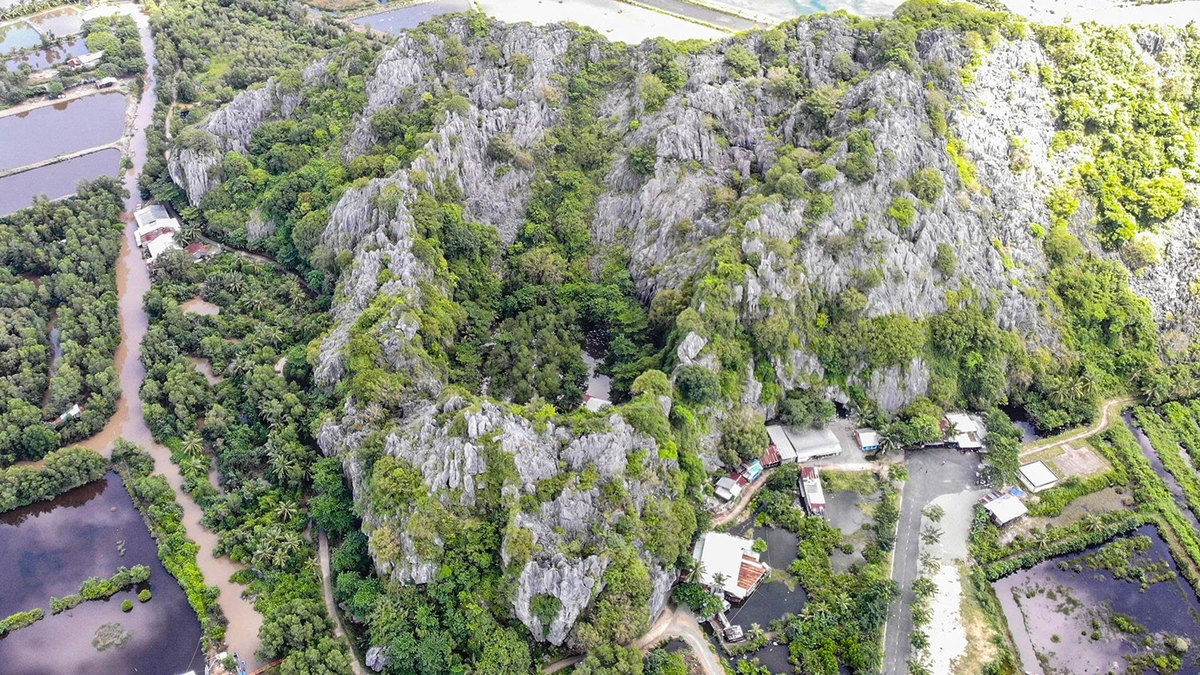







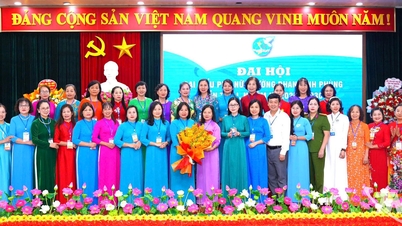

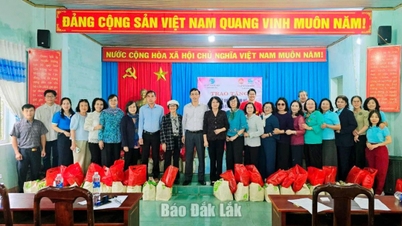

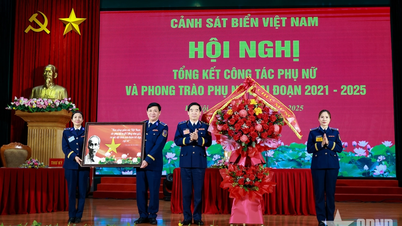




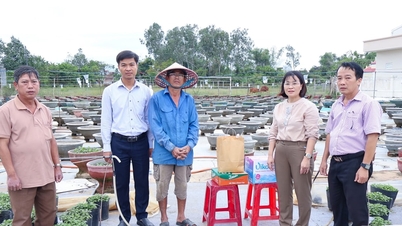

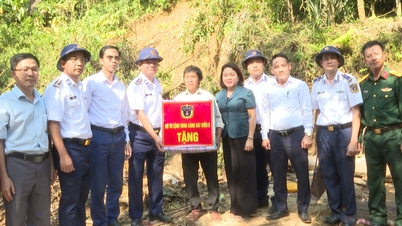















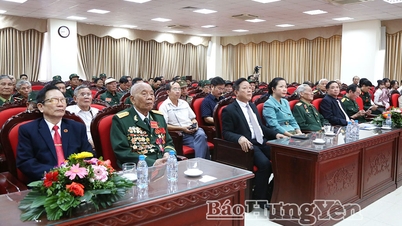


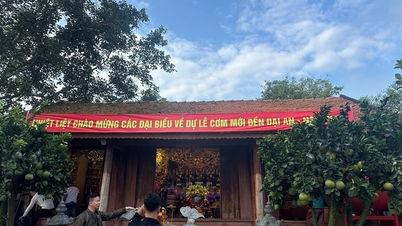










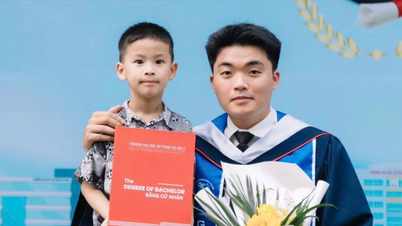

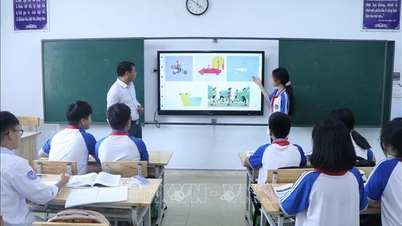

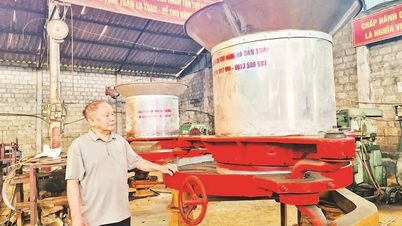





















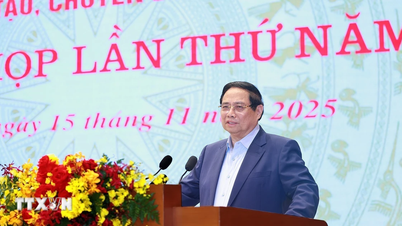

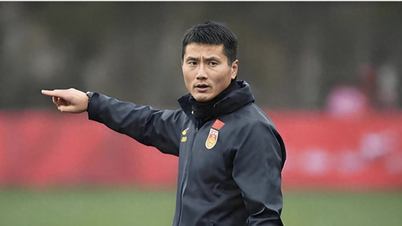

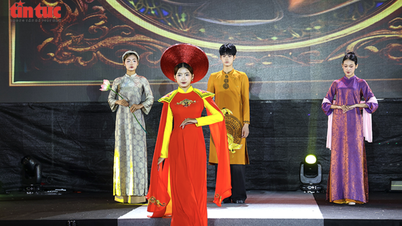


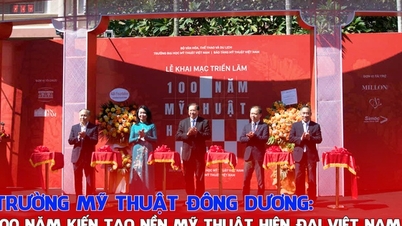



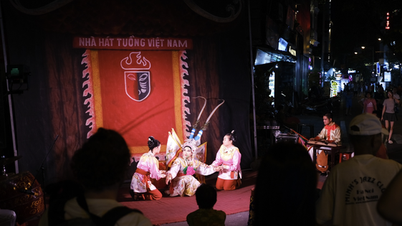
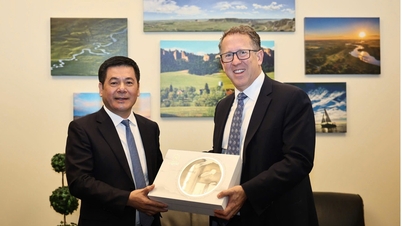


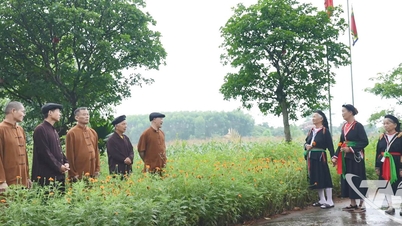
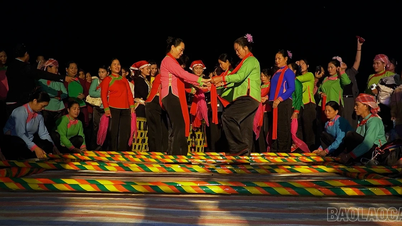



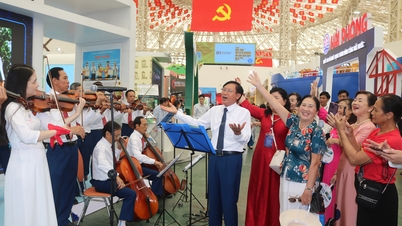

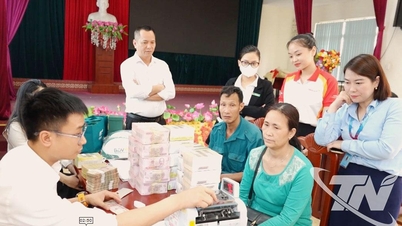
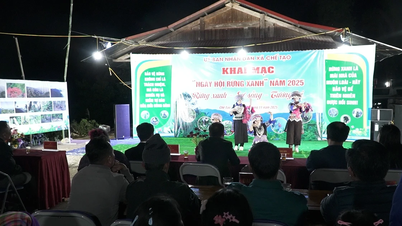












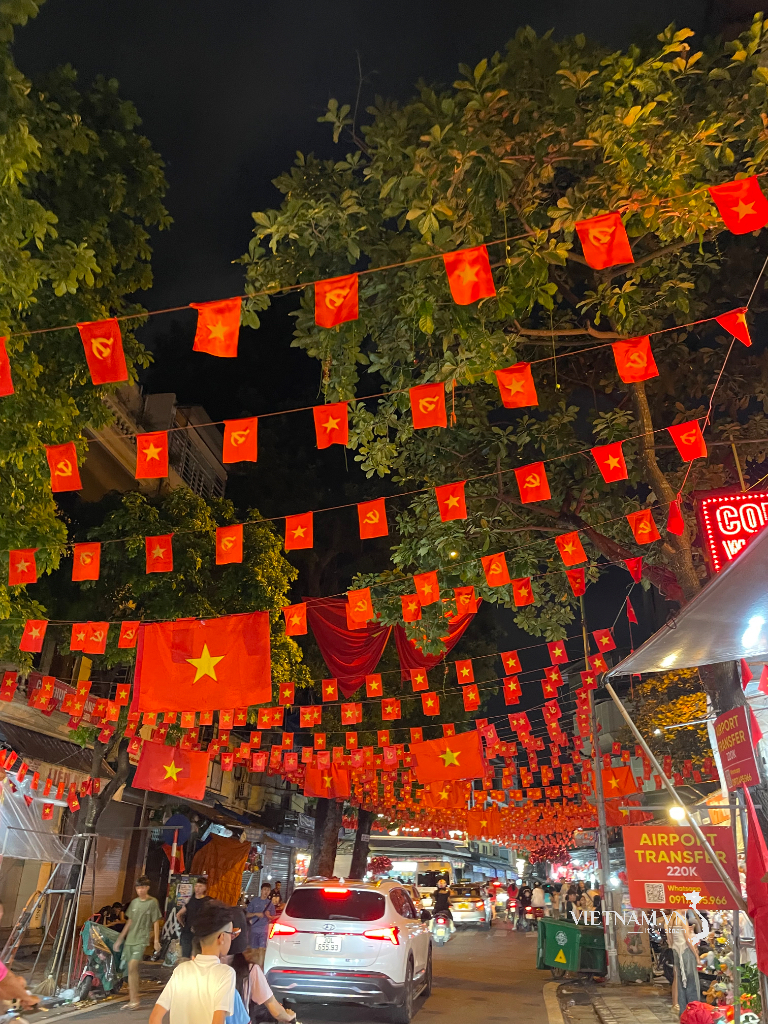
Comment (0)